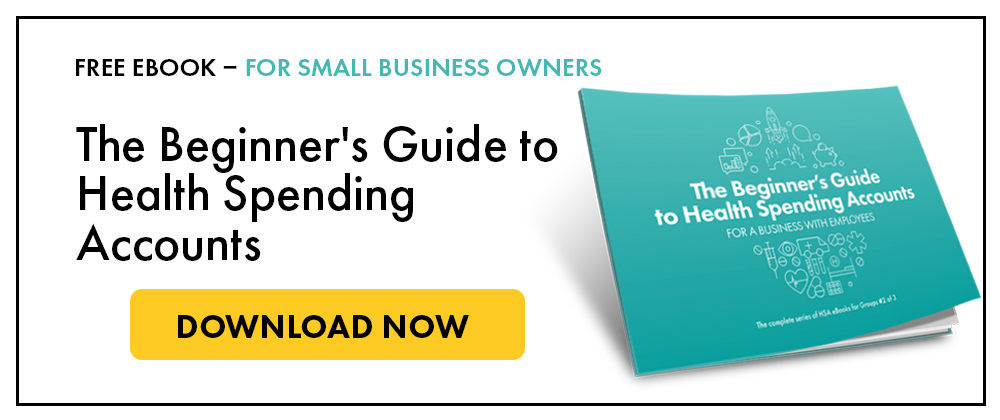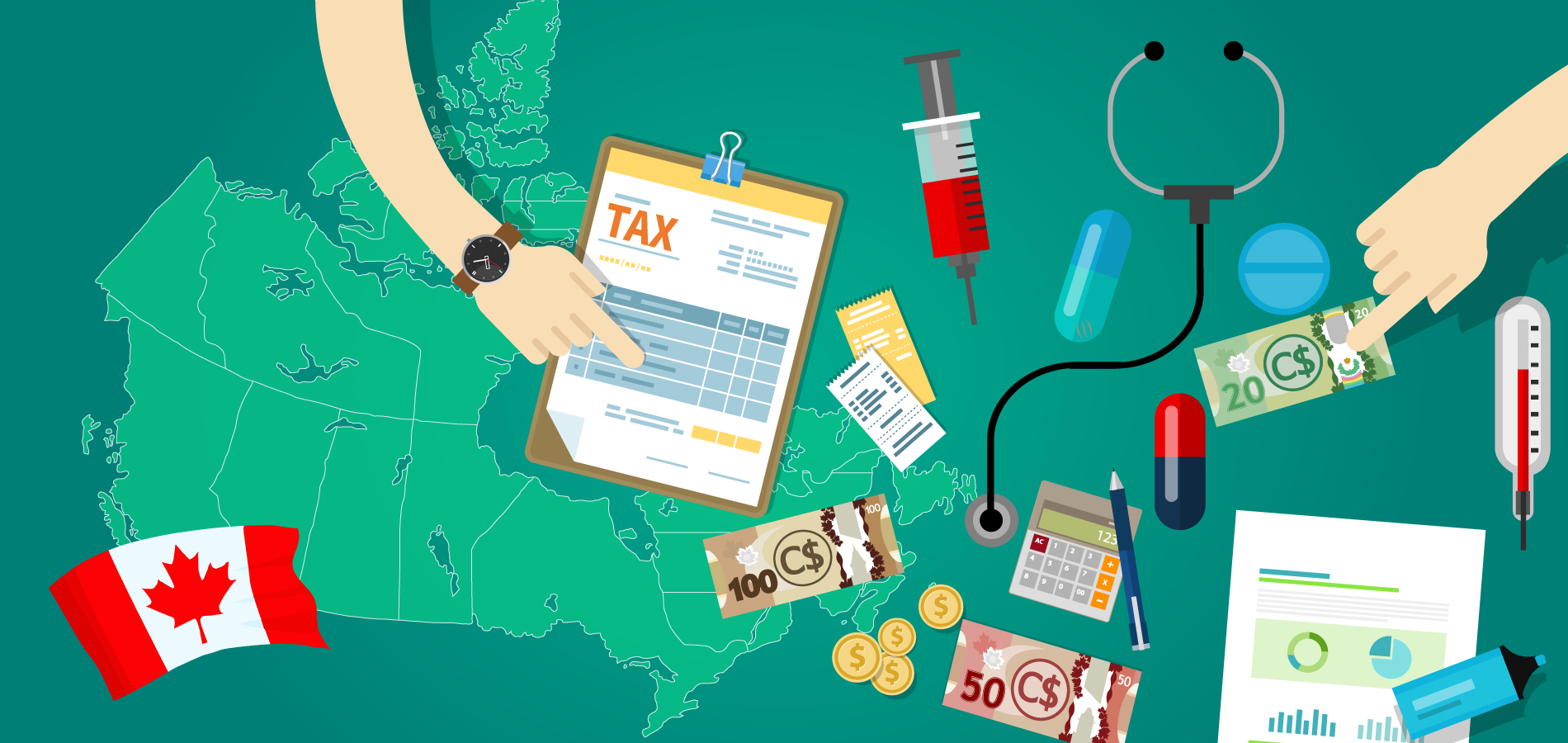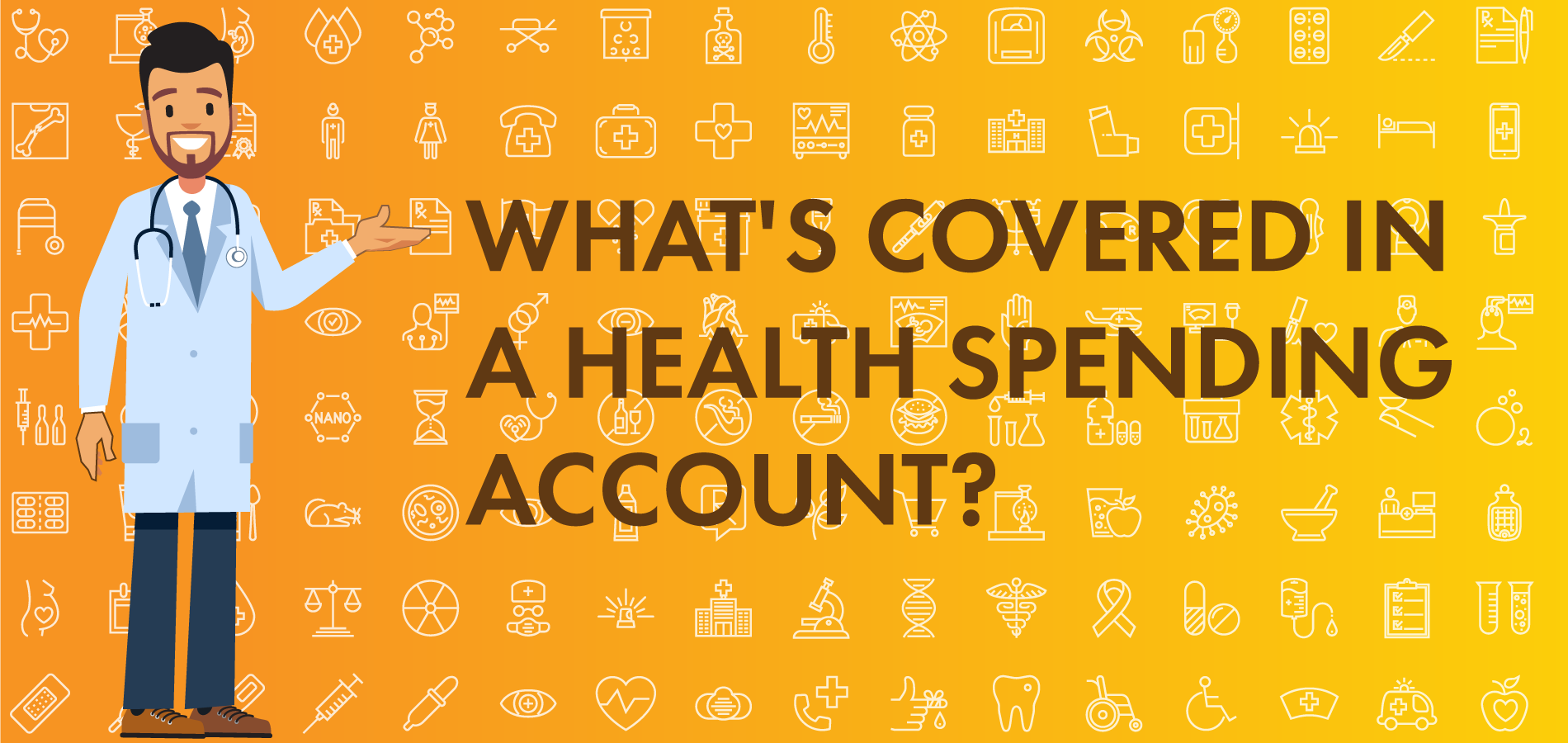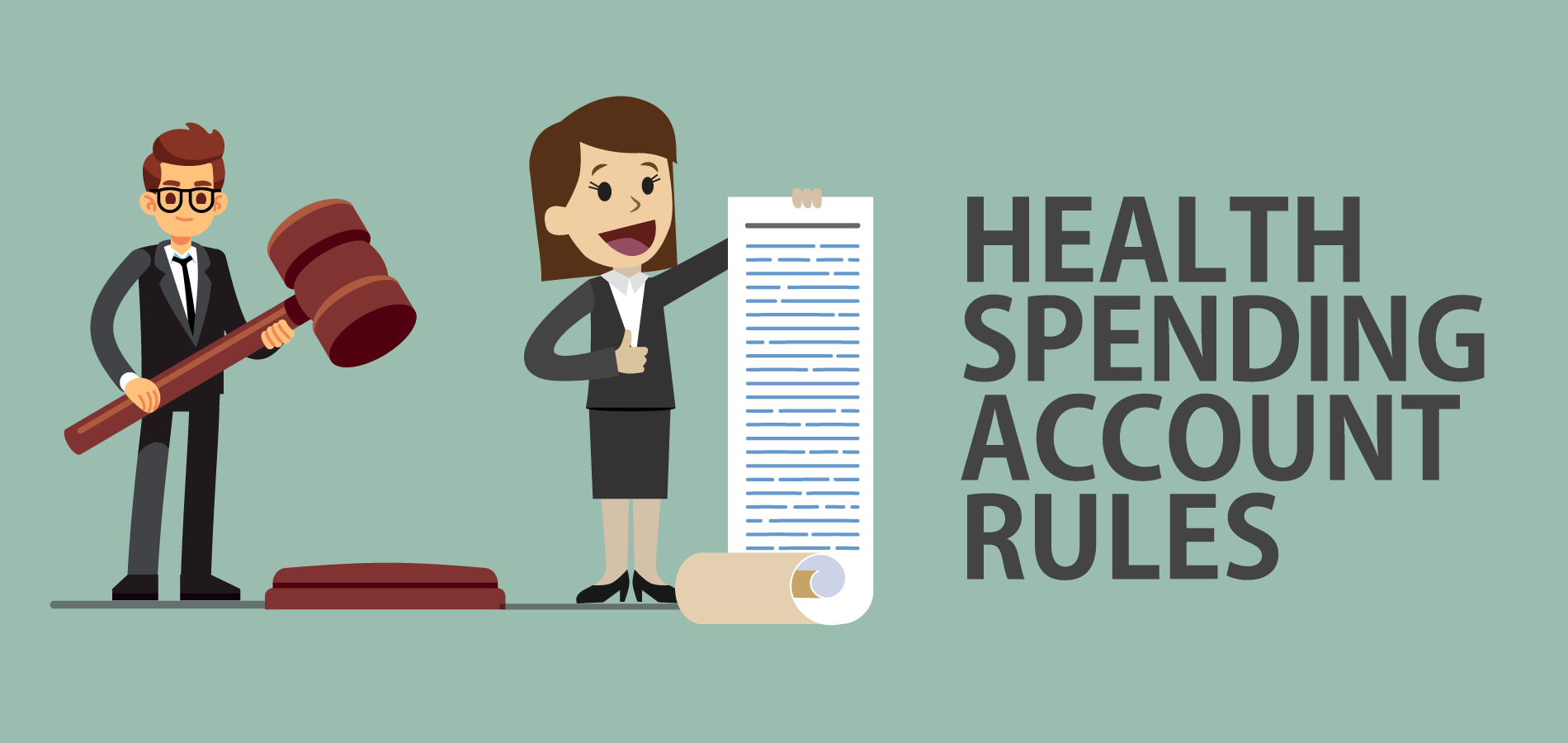I've been involved with the financial services industry since 1991. Over the past 25+ years, I have interacted with thousands of small business owners regarding the topic of health insurance. One question I've received often is "are health insurance benefits taxable in Canada?" To answer that question, we need to understand that there are 3 types of health insurance in Canada.
What are health insurance benefits?
There are three types of health insurance benefits in Canada.
- Private health insurance benefit plans sponsored by an employer
- Public health insurance benefits provided by provincial governments under the Canada Health Act
- Personal health insurance plans marketed and sold by private insurance companies
Are these benefit plans taxable?
Private health insurance benefit plans provided and 100% paid by an employer - are tax-free benefits for the employee. The premium paid by the employer is a before-tax business expense. These plans are technically called Private Health Services Plans or PHSP’s. The Canada income tax act describes the way these plans must be set up in order for benefits paid to be tax free.
Public health insurance plans provided by provincial governments that provide primary care services such as doctor visits and hospitalization are tax-free benefits. However, is any government paid benefit really ‘tax free’ if they are all funded from tax revenues?
Personal health insurance plans marketed and sold by private insurance companies are taxable benefits. They are taxable because premiums are paid by individuals out of their after tax income.
What is a benefit?
When thinking about all of this, it helps to understand what a benefit is.
A quick Google search defines a benefit as “an advantage or profit gained from something”. Benefits are not always measured in terms of their value in money or currency. They can be tangibles, intangibles, material or immaterial. Traditional health insurance benefits are measured in monetary terms. They are most often an arrangement between an employer and an employee and are in addition to salary and wages. In Canada, an insurance benefits plan can be paid from an employer to an employee tax-free. The prerequisite is that the benefit must be to an employee. As mentioned above, this arrangement is permitted under the Canada income tax act under PHSP legislation. It’s important to note, most health insurance benefit plans also include dental and vision benefits and other services.
What is insurance?
Since the original question asks about health and dental ‘insurance’ benefits, it’s also very helpful to understand what insurance is and what it is not.
Insurance can be defined as "coverage by contract whereby one party undertakes to indemnify or guarantee another against loss by a specified contingency or peril.” The online dictionary’s definition of peril is “serious and immediate danger".
Insurance is really the transfer of risk away from the person to an insurer in exchange for a premium. The insured agrees to pay the premium in exchange for the promise to be reimbursed by the insurer if the unplanned event or peril happens in the future. Fire insurance on your home is a good example of the need for insurance. For most Canadians, the loss of a person’s home to fire is a catastrophic financial event.
In Canada, health insurance provided by provincial governments covers doctor visits, hospitalization, surgery and medical treatment for accidents and illness. In that respect, if you’re Canadian, being treated for a catastrophic health event caused by an accident or sickness is provided and paid for by your provincial government. This includes the cost of many drugs and drug therapies to treat illnesses and ailments.
What is not insurance?
Routine health and dental services falling outside of the above ‘insurance’ risks, such as chiropractor, massage therapy, naturopathy, physiotherapy, dental, vision etc. and occasional prescription drug expenses are not financially catastrophic. They are not insurance events.
Related Reading: Do I Need Private Health Insurance in Canada? [The Truth for Small Business Owners]
What is the difference between Health Insurance and Health & Dental Benefits?
Health insurance is generally provided by provincial governments. Private health insurance plans sponsored (and paid) by employers generally provide tax-free benefits for employees. These tax-free benefits help pay for non-catastrophic maintenance events and services. Examples are dental checkups, eye examinations, audiology check ups, massage, chiropractor services etc.
What becomes clear is that health and dental benefits are not insurance events. To understand, consider the difference between a planned maintenance event and unplanned event such as an accident.
I’ll use auto and home insurance as an example to clarify. We buy auto and/or homeowners insurance to insure for an unplanned accident or catastrophic financial event. If you have an accident and your new car is a total loss, your auto insurance policy replaces the car. Homeowners insurance replaces your home in event it’s destroyed by fire. Therefore, it can be said that we pay insurance premiums to protect ourselves from a potentially catastrophic financial loss occurring from an unplanned event.
At the same time, we know that planned maintenance – cleaning the car, changing the oil or replacing worn out tires, are events paid by the person that owns the car. It's the same for a homeowner, windows must be cleaned, furnace filters changed and leaky water heaters and worn out carpets repaired or replaced. We don't insure these maintenance events – although it might be a good idea to plan for their occurrence by setting aside a rainy-day fund.
Insurance is the process of transferring the risk of a financially catastrophic unplanned event to an insurance company. Maintenance can be summed up as planned events and unplanned (leaky hot water tank) and day to day expenses that are part of owning the car and the home.
Consider health and dental events. Going to the dentist, eye examinations, eye glasses, contact lenses, the chiropractor, the massage therapist, the orthodontist and physiotherapy are health maintenance events. Some are planned and some are unexpected. But they are not catastrophic accident events. They’re in the same category as the car and house maintenance events.
Why then do we talk about insuring health and dental events? Health and dental ‘insurance’ is sold by insurance companies marketing high cost, high margin, low value employer and individual health and dental benefit plans.
Personal Health Insurance Plans
Personal health insurance or private insurance company health and dental plans are marketed and sold by insurance companies in Canada. These plans claim to protect individual Canadians from high cost personal health, dental, hospitalization, drugs, vision and similar expenses. These plans promise a lot but in practice deliver very little. Most Canadians would be better off saving the money monthly instead of paying a premium and use it to pay routine health and dental bills as they arise. Remember, government health care will pay for most of the catastrophic bills for primary care, hospitalization and drugs.
Tax-free Health Spending Accounts (HSA)
Incorporated small business owners, incorporated businesses with employees and not for profits can pay out tax-free dollars to reimburse employees for health and dental benefits. HSA plans provide tax-free money for small business owners and employees to use on any eligible expense at any time. An HSA is often referred to as a flexible benefit or flexible health spending account. There's no premiums to be paid. The employer or business establishes an annual limit up to which employees are reimbursed directly for claimed health and dental bills. These plans are simple to use, understand and set up. HSA’s have gained in popularity as they operate without the complications inherent in a premium type health and dental plan. When setting up a benefit plan, use a health spending account to provide tax-free benefits for non-catastrophic events. Use insurance to cover catastrophic events such as death, a critical illness or disability from an accident or sickness.
Learn more about tax-free health & dental benefits through a Health Spending Account:
 "
"
Or if you are ready to set up an HSA --> Click here






